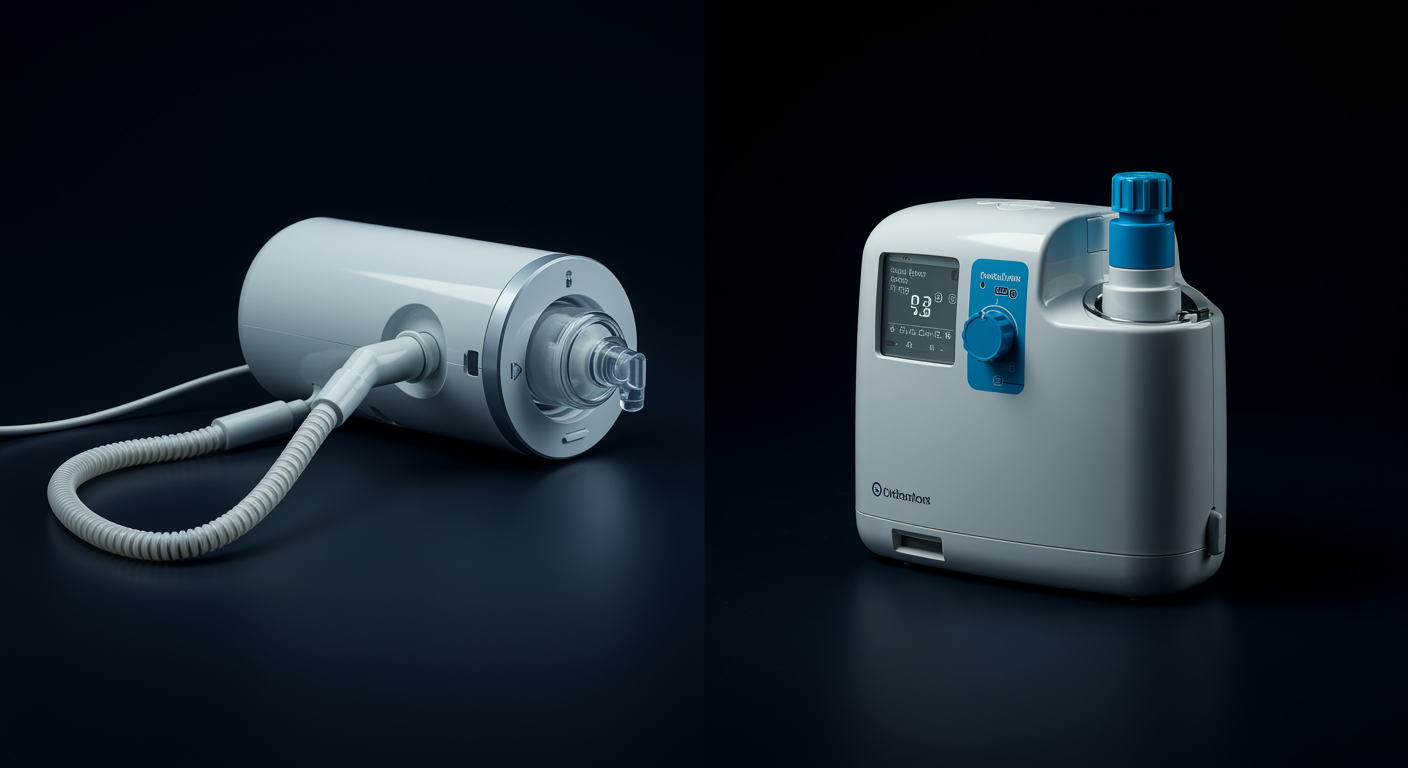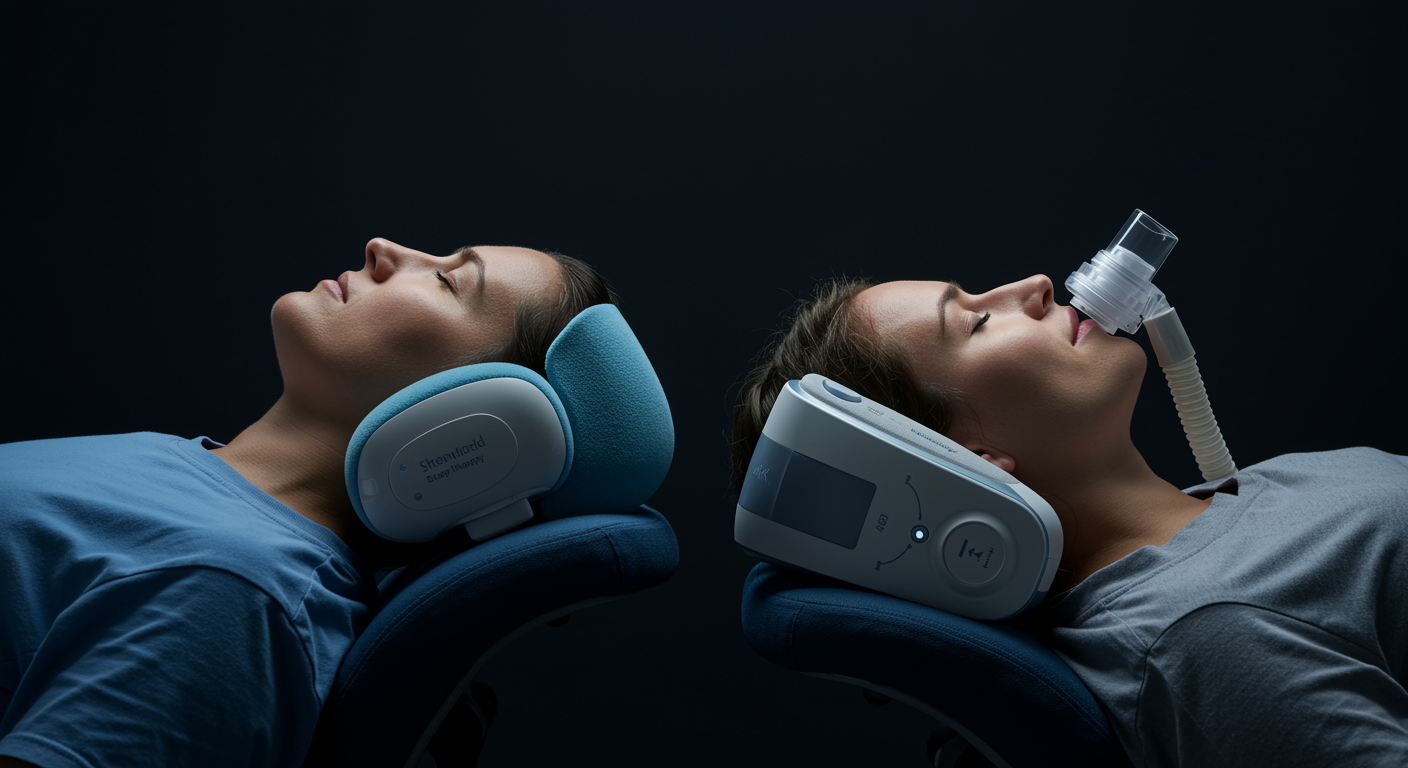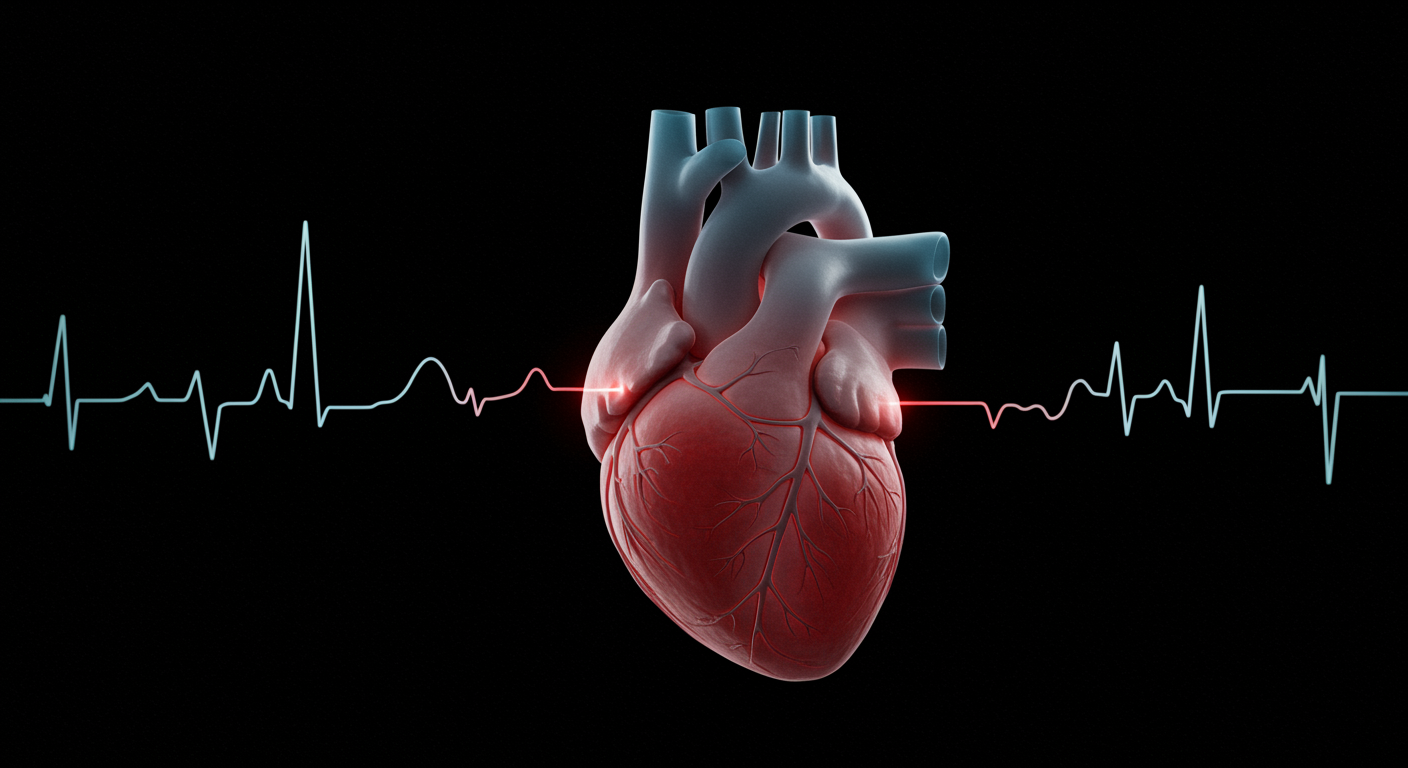CPAP Reduces Blood Pressure in Sleep Apnea Patients with Resistant Hypertension
How Much Does CPAP Therapy Reduce Blood Pressure in Sleep Apnea Patients?
CPAP therapy significantly reduces blood pressure in patients with obstructive sleep apnea and resistant hypertension, this randomized controlled trial demonstrates. After 12 weeks of CPAP treatment, patients showed an average reduction of 3.1 mmHg in systolic blood pressure and 3.2 mmHg in diastolic blood pressure compared to control patients receiving sham CPAP. The blood pressure reductions were most pronounced in patients with severe sleep apnea and those with good CPAP compliance (>4 hours per night). These cardiovascular benefits occurred alongside improvements in sleep quality and daytime symptoms, demonstrating that effective sleep apnea treatment provides multisystem health benefits beyond sleep improvement alone.




